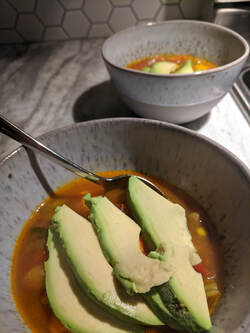 With all the paper towels, soap and hand-sanitizer flying off the shelves, it leaves one to wonder... "What were people doing with their hand hygiene before COVID19?" I am glad this public health message has gotten out....washing hands really does make a difference! Next step - let's also get back to basics with dietary measures you can be taking to stay well. It might be as easy as a bowl of soup - see recipe below. But first, some information on nutrients for immune function. What are basic Nutrients for Immune Function?Nutrients that are fundamental to immunity include Protein, Vitamin A, Vitamin C, Vitamin E, Zinc and Polyphenols. A strong immune system requires healthy eating habits all year round. In fact, a quick burst of Vitamin C does not provide protection against catching a seasonal cold. Focusing on nutrient-rich foods and healthy lifestyle behaviors can help you and children in your care stay a step ahead of germs all year round. Dietary Sources of Nutrients:
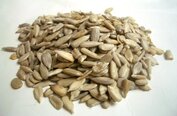 Vitamin E
The following recipe was created by our intern, Sada Ijaz, last Autumn for a Childcare Provider Workshop to promote healthful intake of the providers and of the kiddos they care for. It is packed full of nutrients, as well as providing hydration. Enjoy the warmth and coziness of this self-care soup. Happy Hand Washing ~ Megan, RDN Back-To-Basics Vegetable Soup
0 Comments
|
SD BlogA place for our consultant Registered Dietitian Nutritionists (RDNs) to share nutrition science, yummy and healthy recipes, tips on seasonal ingredients, and other nutritional musings. Enjoy! Categories
All
Archives
May 2024
|


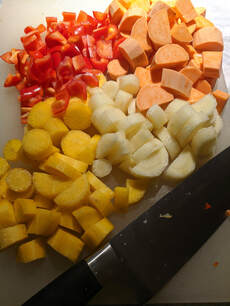
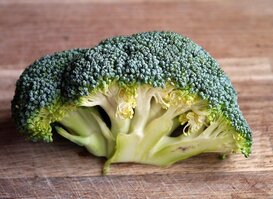
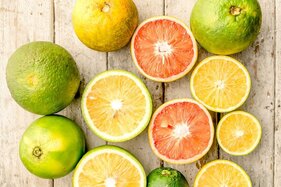
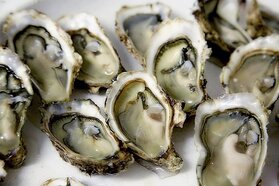
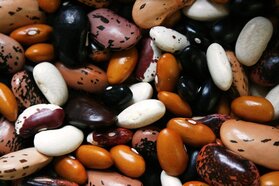
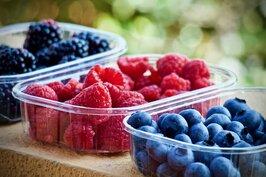
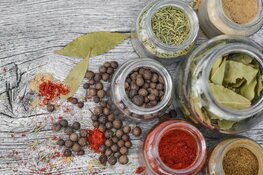
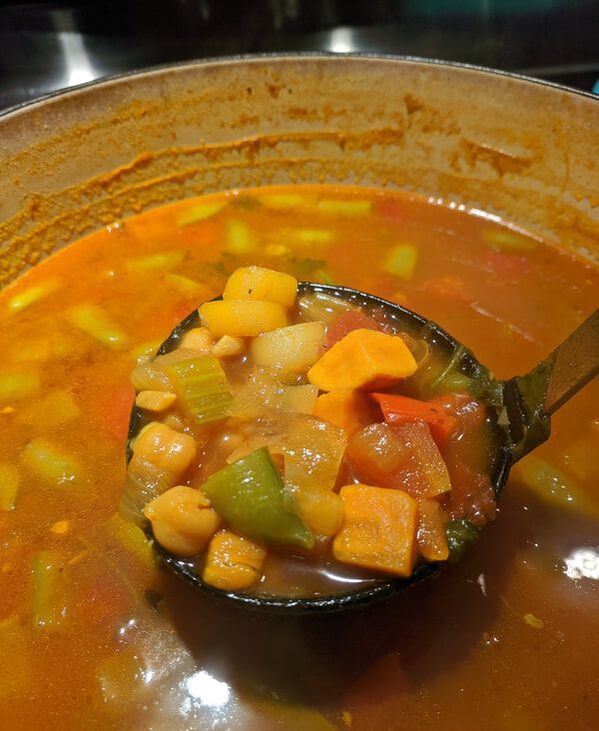
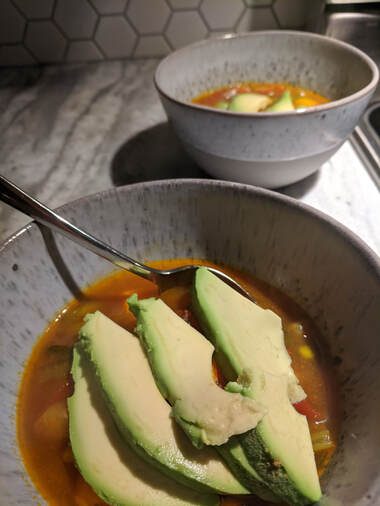
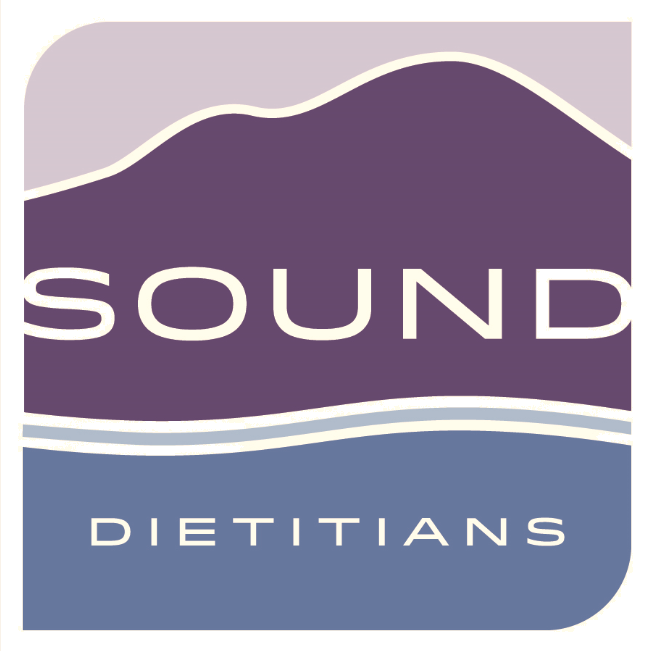
 RSS Feed
RSS Feed